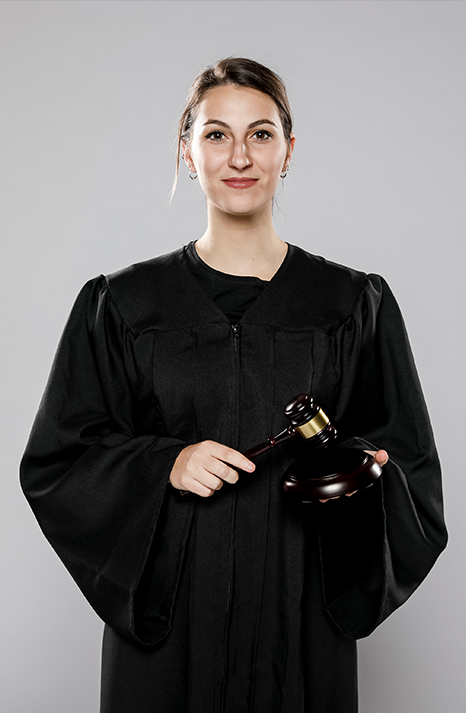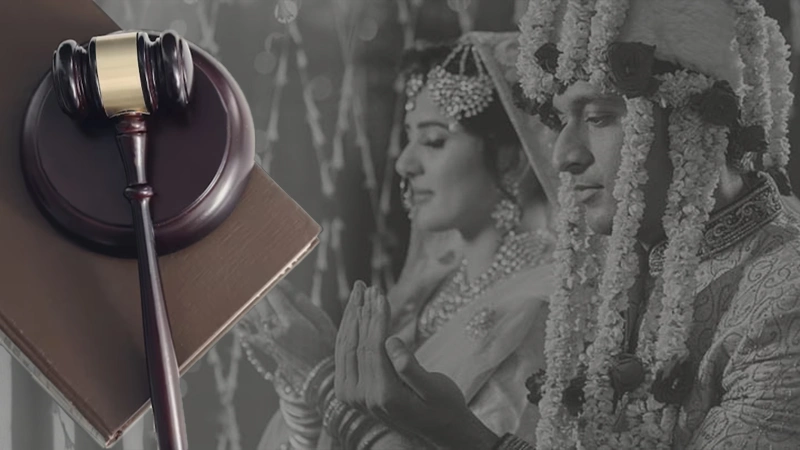

The Muslim marriage act was scripted into the Indian legal system in 1954. This act was drafted just to regulate the Muslim marriage solemnization and make a standard process for all Muslims to make their marriage valid. This act also an important step against forceful marriages and unmatched ones. The act suggests that both bride and groom should agree with the decision of marriage. To solemnize a Muslim marriage, both parties must draft their concern in a verbal or written contract and this is the most vital part of the marriage completion. This act is applicable to all Indian citizens who belong to the Muslim community of the country. The guidelines of the act may vary from state to state but the state Jammu and Kashmir don’t come under the effect of Indian Muslim marriage law. Here we will discuss the Muslim Marriage Act, 1954.
The requirements to register a marriage under the Muslim Marriage act 1954 are as follow:
We all know that the Muslim Marriage Act is applicable to all Muslims living in India but there are cases on which this law cannot be applied. Let’s discuss on such cases:
Important Note: If the person who is getting intermarrying, the marriage will not be registered under the Muslim Act 1954.
The person’s age who belongs to the Muslim community and solemnizes marriage must be minimum of sixteen years. If while performing marriage the age of male is less than 21 years and female is under 18, the presence of any of the following is required:
To complete the marriage, the person should be certified by the marriage officer in writing manner. The marriage will take place in the presence of the officer and only then it will be registered under the Muslim Marriage Act.
After Muslim marriage is completed in the presence of the marriage officer, the marriage will be entered in book allotted by Registrar-General to the marriage officer. Furthermore, both parties should sign the Muslim Marriage Certificate which will be further stamped or signed by the marriage officer in the presence of two witnesses. Next, the required documents and proofs will be checked and signed by the marriage officer.
The marriage officer will transmit the marriage certificate to the Registrar-General within the seven days of marriage. The request for the marriage certificate by the officer will signify that the marriage has fulfilled all the prescribe requisites of Muslim Marriage Act, 1954.
